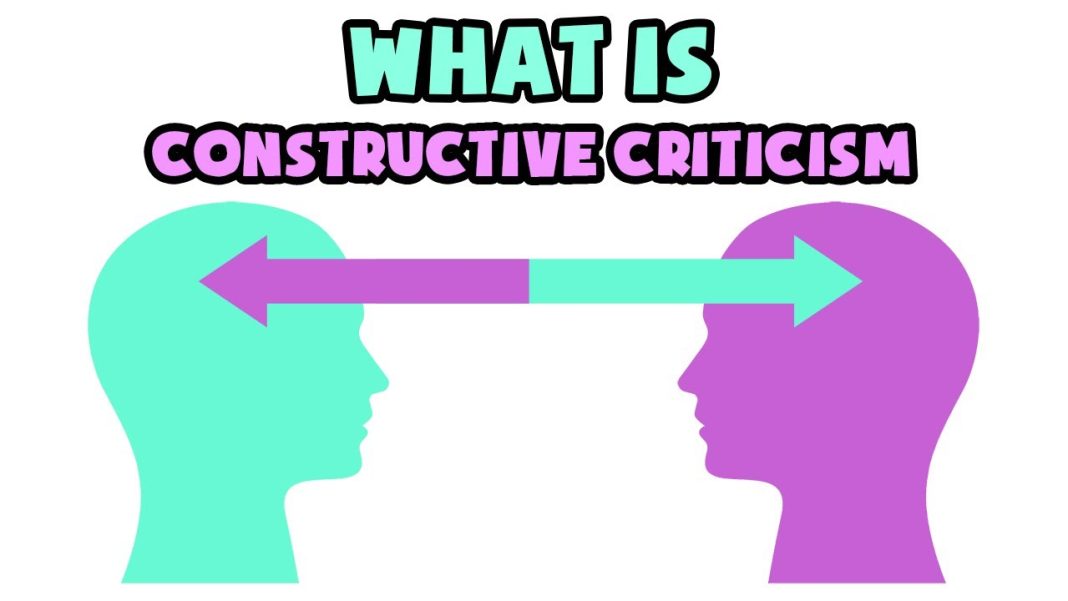 Federal Judge Orders Google to Implement Reforms to Increase App Download Options for Android Users
Federal Judge Orders Google to Implement Reforms to Increase App Download Options for Android Users
In a recent development, U.S. District Judge James Donato announced that he would issue an order requiring Google to provide Android users with more options for downloading apps. However, he clarified that he would not interfere with the overall operations of the tech giant. This decision follows a jury verdict last year in a case brought against Google by Fortnite maker Epic Games.
During a hearing in San Francisco, Judge Donato considered input from technology experts and legal representatives from both Epic Games and Google regarding proposed reforms in the antitrust case. The judge indicated that his ruling would prioritize the flexibility of users and developers in downloading and distributing apps outside of Google’s Play Store.
Judge Donato stated, “You’re going to end up paying something to make the world right after having been found to be a monopolist.” He emphasized that his forthcoming injunction, about three pages long, would establish clear guidelines for Google to follow. Additionally, he announced plans to establish a three-person compliance and technical committee to oversee the implementation and monitoring of the injunction.
While Google declined to comment on the matter, Epic Games has not yet responded to requests for comment.
Google’s lawyer, Glenn Pomerantz, argued against forcing the company to distribute its competitors’ app stores. Pomerantz contended that imposing such a duty would negatively impact competition. On the other hand, Gary Bornstein, the lawyer representing Epic Games, urged the court to direct Google to promptly implement the injunction.
Epic Games, based in North Carolina, filed a lawsuit against Google in 2020, alleging that the tech giant unlawfully held a monopoly over apps on Android phones. Google acquired Android in 2005 and has since confined Android users and developers to its Play Store.
According to Epic’s lawsuit, “Google uses this monopoly power to impose a tax that siphons monopoly profits for itself every time an app developer transacts with a consumer for the sale of an app or in-app digital content. And Google further siphons off all user data exchanged in such transactions, to benefit its own app designs and advertising business.” Epic Games argued that an open and competitive Android ecosystem would provide users and developers with more innovation, lower prices, and a choice of payment processors.
Google, in its defense, claimed that consumers could download apps from the internet and that the Play Store’s popularity did not make it a monopoly. However, in 2023, a jury ruled in favor of Epic Games, affirming that Google did indeed have a worldwide monopoly over Android apps (excluding China).
Following the jury’s decision, Judge Donato instructed both parties to propose solutions to address the monopoly issue, leading to the hearing on August 14.
Prior to the hearing, Epic Games argued that Google should be compelled to allow users to download apps from various sources, including third-party app stores and the internet, without encountering deterrents such as prompts, warnings, or settings screens. Google countered by stating that the proposed remedies would necessitate significant changes that would harm Android users and developers, requiring substantial time and financial resources to implement. Google did offer to export metadata, such as app names, from the Play Store to third-party app stores, but only for developers who opted in. Epic Games deemed this proposal inadequate, arguing that it would create an uneven system.
In a separate case, U.S. District Judge Amit Mehta recently ruled that Google violated antitrust laws by exerting monopoly power in search markets. The next hearing in that case, which will address potential remedies, is scheduled for September 6.
The order issued by Judge Donato to implement reforms in app downloading options for Android users represents a significant step towards promoting competition and innovation in the digital marketplace. By expanding the choices available to users and developers, the monopoly power previously held by Google over Android apps can be challenged. This decision aligns with recent efforts by regulatory bodies to curb anti-competitive practices and ensure a level playing field in the tech industry. As the case progresses, it will be interesting to see the long-term impact of these reforms on the app ecosystem and the overall consumer experience.


